Sat, Jan 1st 2022
As tensions mount between Russia and Europe over the raging war in Ukraine, Europe struggles to contend with Russia’s deliberate reduction in gas supply to the continent. What are Switzerland’s plans to mitigate the crisis? And what can Swiss residents expect this winter?
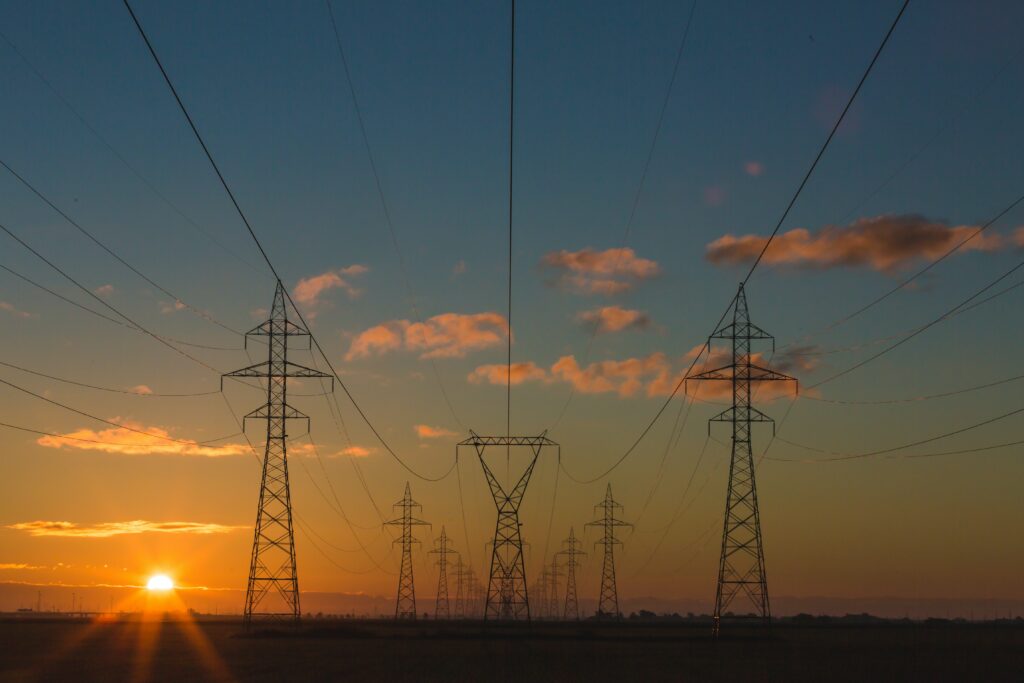
Russia has already decreased its gas supply to Europe by 60%.
Russia’s chokehold on Europe
The Kremlin slashed its natural gas deliveries to Europe in an act of political retribution for Europe’s support of Ukraine, forcing European leaders to seek other energy sources and resort to emergency contingency plans.
Energy experts and officials warn that the energy crisis will intensify in the weeks after Nord Stream 1, the critical gas import pipeline from Russia to Germany, shuts off the gas for a scheduled 10-day maintenance from July 11 to July 21. Russia has already decreased its gas supply to Europe by 60 percent. In addition, countries including Austria, France, Germany, Italy, Poland, and Slovakia have reported diminished energy supplies in recent months — and it is unclear whether the gas flows from Nord Stream 1 will be turned back on.
Russia’s use of energy blackmail and weaponization holds hostage a very dependent Europe that will be trapped in a deepening crisis for at least three to five years until it can build infrastructure for more energy independence.
As Russia’s natural gas supply accounts for 40 percent of Europe’s natural gas imports, extended disruptions and significant gas shortages will precipitate a bitterly cold winter when the need for energy rises, and the demand for natural gas is essential for heating during the coldest months.
Moreover, the uncertainty of future gas deliveries could trigger spiked energy prices, industrial shutdowns, nuclear power plant shutdowns, the re-opening of coal power plants (which affect many countries’ climate goals), and forced rations of gas supplies.
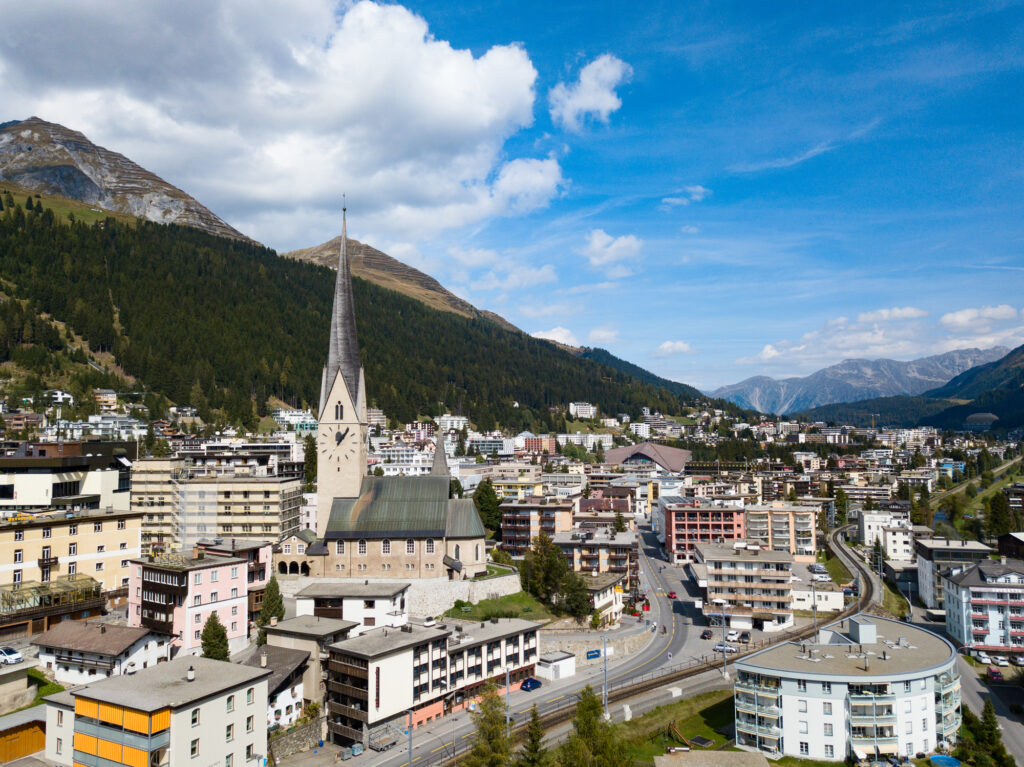
The Swiss government is asking employers to coming up with energy-saving methods for the winter.
How the Ukraine war has shaped Europe’s energy strategy
Most European nations have spent the past few months accumulating gas reserves for the winter when demand is higher. Last month, the European Union reached a provisional agreement on the legislation on gas storage. The proposed regulation declares that member states should aim to fill their gas storage facilities to 85 percent by November 1, which should be shared among member states. Currently, they are only 52 percent full.
Some countries have imposed mandatory limits on energy consumption, and leaders have begun to devise plans for energy rationing. However, such restrictions will justifiably be unpopular because inflation will cause consumer prices to surge, which will strain governments even further.
Furthermore, plans to re-open old coal mines were announced as gas flows to several European countries decreased. Of course, the return to using coal opposes the climate change policy and reverts to dirty fossil fuels, but government leaders are alarmed about not having sufficient energy reserves.
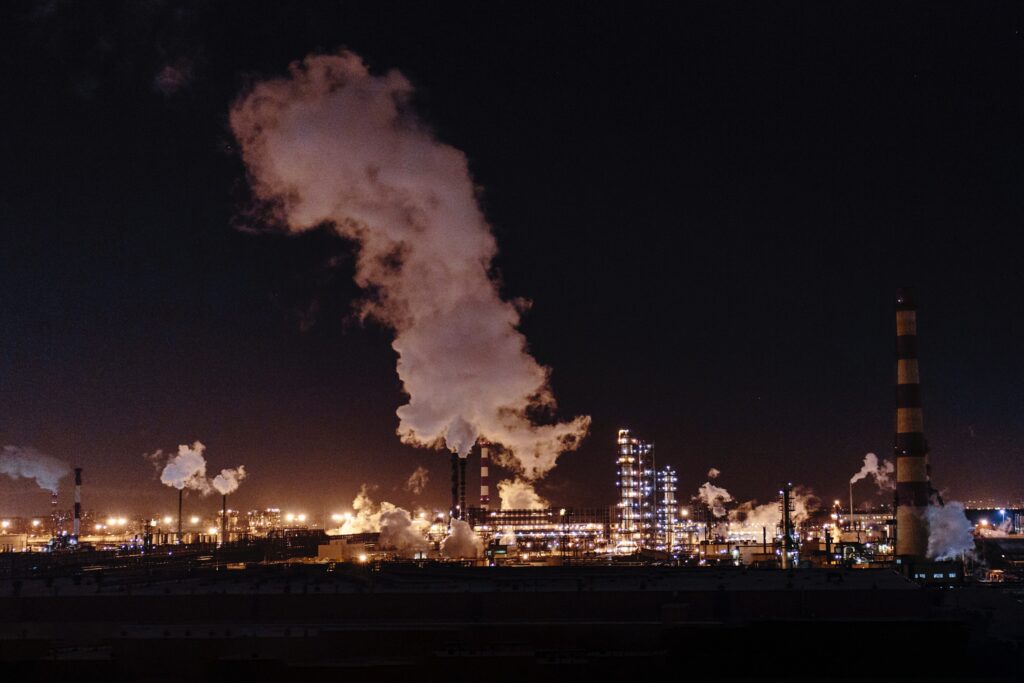
Plans to re-open old coal mines have been announced in much of Europe to offset the loss of Russian oil.
How the destabilization of gas impacts Switzerland
Switzerland is heavily dependent on its importation of energy because it has neither its own gas reserve nor a large capacity to store natural gas. Switzerland also relies solely on European distribution networks and infrastructure such as roads and oil and gas pipelines for its deliveries.
Therefore, it is critical for the landlocked country to maintain close cooperation with neighbors Germany and France – with whom Switzerland has secured international treaties — to secure its gas supplies via established trading hubs. Any significant delays or obstructions – such as, if the Kremlin shuts down Nord Stream 1 to Europe – could result in substantial gas reductions for homes and businesses.
Moreover, Switzerland terminated framework negotiations with the EU last year, eliminating potential electricity agreements and banning the alpine country from other solidarity provisions for mutual gas supply during emergencies.
“The Federal Council is already back in crisis mode. There is a war going on in Europe, and thus it is not certain that Switzerland will make it through the coming months without damage,” Energy Minister Simonetta Sommaruga told the local German newspaper NZZ. Sommaruga urged Switzerland’s cantons to invest more in biogas, solar power, wind power, and hydropower expansion.
There is a high probability that gas will be limited in Switzerland this coming winter. The tense geopolitical climate and continued gas flow interferences have already driven up the price of energy. In addition, households struggle to cope with the dramatically heightened inflationary pressures and costs-of-living expenses. Talks of rations, industrial shutdowns, power outages, and a plummeting economy are looming.
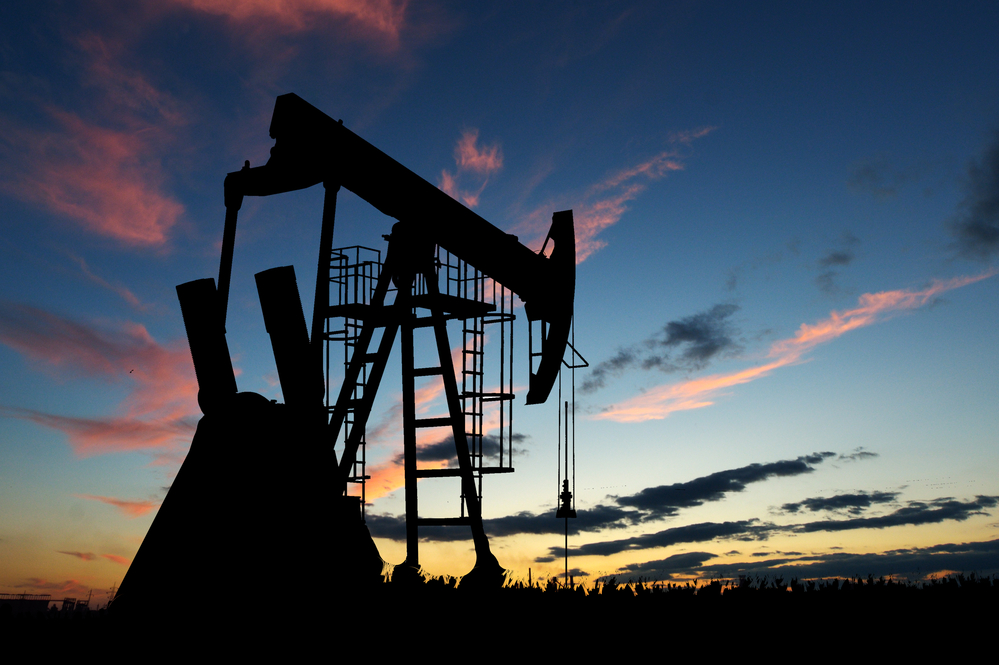
An oil derrick outside of Moscow is still pumping Russia’s black gold.
Switzerland’s plans to save on energy this winter
Switzerland has accelerated its efforts to procure gas, increase storage capacity, set up a diverse energy blend and portfolio of energy providers, and replace Russian gas with liquified natural gas (LNG) in preparation for the upcoming winter.
One option is gas from North Africa, Qatar, or the U.S., shipped by tanker, but it comes with its own challenges. For one, new terminals are needed to receive the gas. New pipelines take even longer to build—and there isn’t a surplus of qualified suppliers.
Furthermore, how would landlocked Switzerland obtain access to the LNG? Natural gas undergoes a liquifying process that compresses the volume 600 times, making it easier to transport by tanker ships. The gas reverts to its natural state and can be pumped into the pipeline network by warming it up at the destination. However, port terminals necessary for this process have already reached their thresholds.
Expanding additional storage reservoirs, electricity production, and solar power facilities are urgently being pursued. Switzerland is also considering whether it should resume domestic natural gas production, add additional storage reservoirs, and re-open gas or oil-fired power plants. These backup measures, such as diesel generators, must be implemented with precaution as they would pollute the environment and incur high costs.
The Swiss government also mandates that operators fill the country’s oil tanks so that companies operating dual-fuel plants can switch from natural gas to extra-light heating oil if necessary. This is because extra-light heating oil can amount to four months of demand in Switzerland.
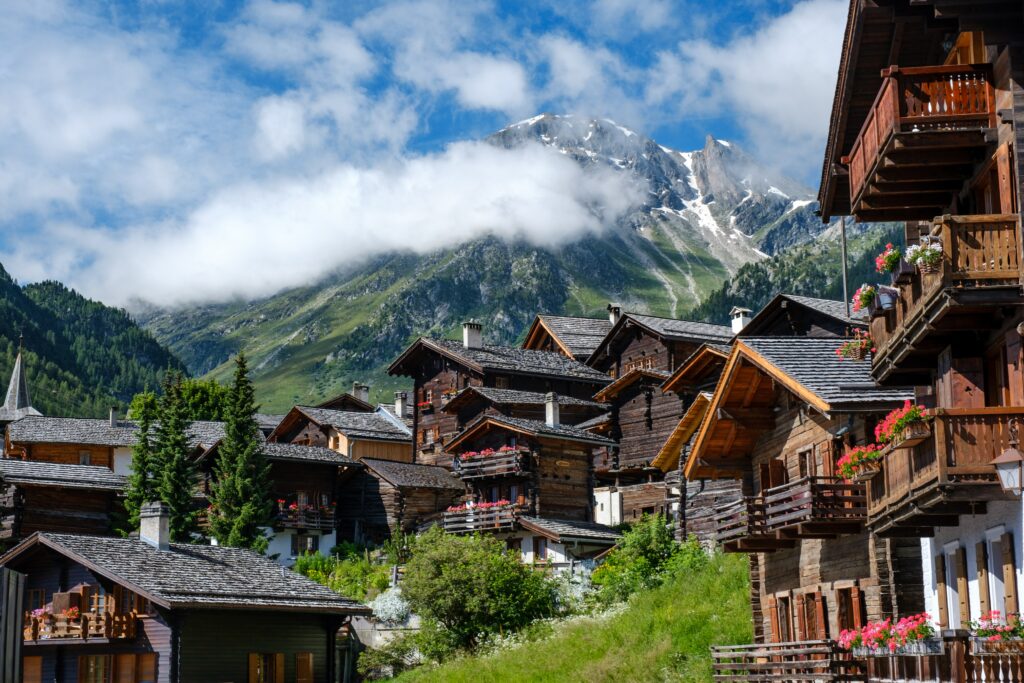
The Swiss government is pursuing expanding additional storage reservoirs, electricity production, and solar power facilities.
What should Swiss residents expect this winter?
The Swiss government has proposed plans to combat the winter’s impending gas shortage. As a result, schools, landlords, and municipalities have already begun to close swimming pools, turn off air conditioners, lower thermostats, dim streetlights, and ration hot water.
If Switzerland slips into a winter energy crisis, Swiss businesses will be the first to have energy consumption rationed. For instance, restrictions on neon signs and escalators will be implemented. Households would be spared the longest though residents would be required to limit gas consumption. Companies operating with dual-fuel plants may be forced to switch to heating oil. The government could impose rationing if these measures do not adequately mitigate the crisis.
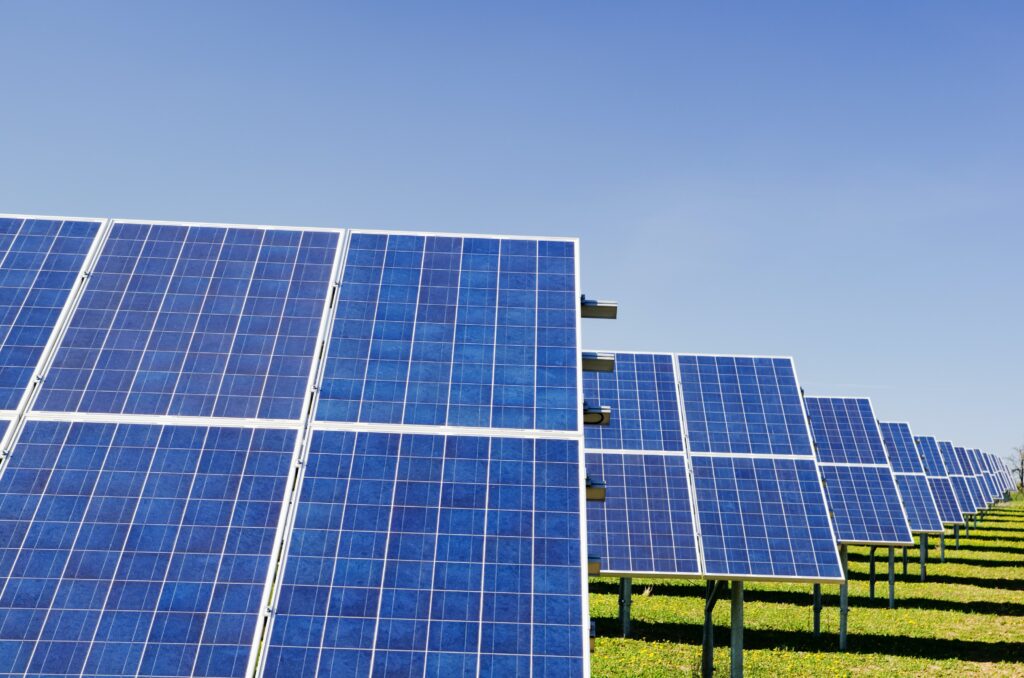
“We have to expand renewables with all our might,” Swiss Energy Minister Simonetta Sommaruga urged Parliament last month.
Energy Strategy 2050
The Swiss government has also developed a long-term energy transition plan called Energy Strategy 2050 to secure and maintain a cost-efficient supply of energy, reduce greenhouse gas emissions, and phase out nuclear power.
Given the current geopolitical landscape and the destabilization of future gas supply, the need to stabilize and secure gas supply has become even more crucial. Moreover, building new and innovative capacities is imperative to generating power to eliminate fossil sources in heating and transportation.
“We have to expand renewables with all our might. More speed is required. We also have to cut back on wasting energy,” Energy Minister Simonetta Sommaruga said in the Swiss parliament last month.
Suppose the Kremlin’s chokehold on Europe continues and European leaders do not find a solution to mitigate this strangulation. If so, the pandemic lockdowns will likely be followed by power outages, potential rations, soaring energy bills, and a plunging economic recession. European leaders must scramble to secure a sufficient alternative energy supply and hope this upcoming winter is not too brutal.
This article may be freely shared and re-printed, provided that it prominently links back to the original article.
